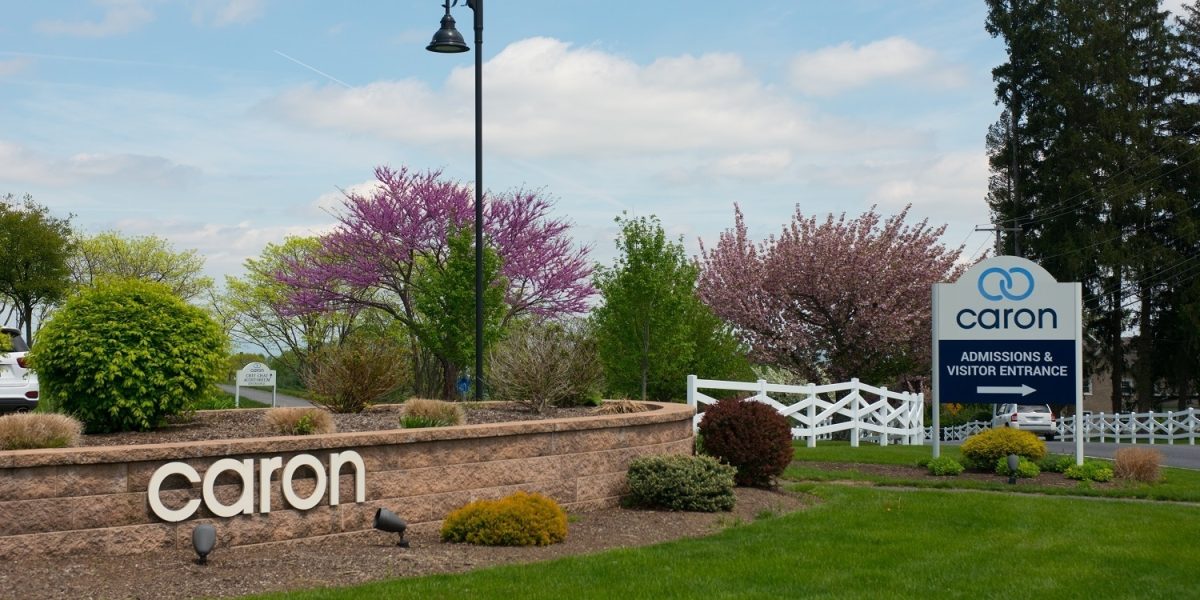Press Releases
Filter Press Releases
No results. Please refine your filters above.
For more assistance you can leave us feedback here and someone will assist you as soon as possible.
Take the next step:
Start with an online form
-
Caron in Pennsylvania
1-800-854-6023 -
Caron in Florida
1-800-221-6500 -
Breakthrough at Caron
1-800-213-7834





